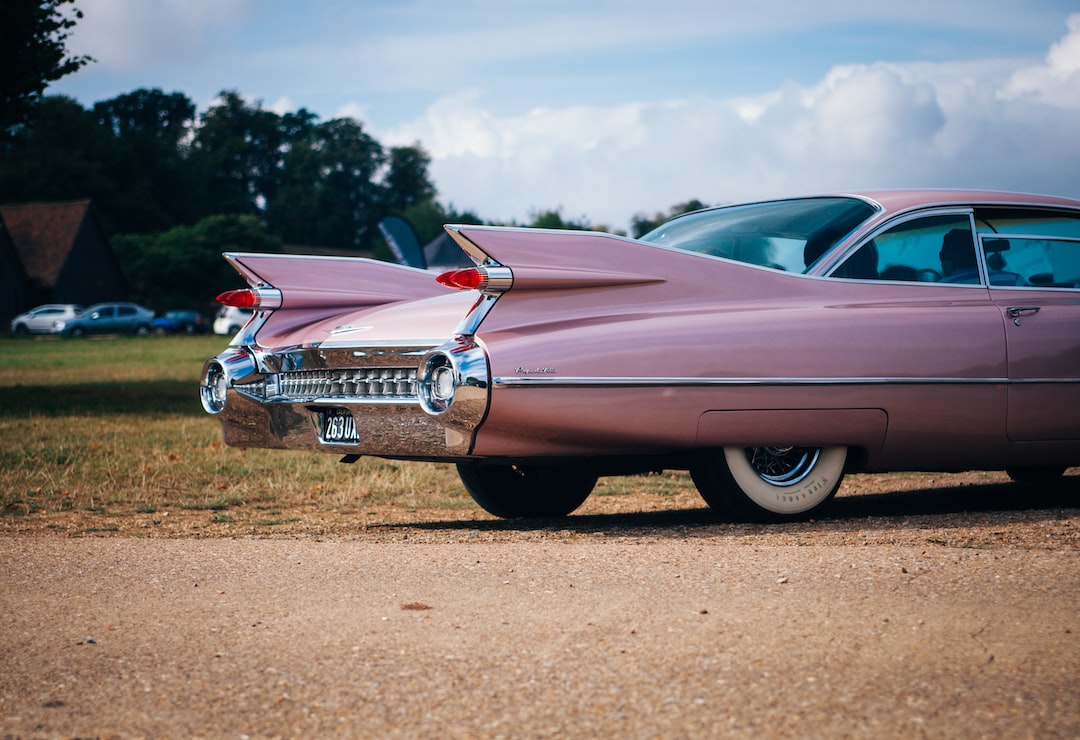The Pros and Cons of Diesel vs. Gasoline Cars
When it comes to choosing a car, one of the key decisions you need to make is whether to opt for a diesel or gasoline-powered vehicle. Both options have their own set of advantages and disadvantages, which can make the decision-making process quite challenging. In this blog post, we will explore the pros and cons of diesel and gasoline cars to help you make an informed choice.
Pros of Diesel Cars:
1. Fuel Efficiency: Diesel cars are inherently more fuel-efficient than their gasoline counterparts. Due to the higher energy content of diesel, these vehicles can travel further on each gallon of fuel. This increased fuel efficiency can translate to significant savings over the lifespan of the car, especially for those who cover long distances regularly.
2. Torque and Power: Diesel engines are well-known for their high torque output. Torque is the twisting force that helps a car accelerate quickly and navigate uphill slopes effortlessly. Therefore, diesel cars tend to offer better low-end torque and driving power, making them an excellent choice for towing or driving in hilly areas.
3. Durability and Longevity: Diesel engines are built to be sturdier and more robust than their gasoline counterparts. The higher compression ratios in diesel engines allow for a stronger build, which typically results in longer engine life and enhanced durability. This durability advantage makes diesel cars a popular choice for individuals who plan on keeping their cars for an extended period or for those looking for a reliable workhorse.
Cons of Diesel Cars:
1. Higher Initial Cost: Diesel cars are generally priced higher than their gasoline counterparts. This higher cost is primarily due to the complex engineering and advanced technologies used in diesel engines. Moreover, diesel vehicles often come equipped with additional features, such as turbochargers and direct fuel injection, which further inflate their price tag. However, it’s worth noting that the initial investment might be offset by the long-term fuel savings and potential resale value.
2. Emission Concerns: Diesel cars have faced scrutiny due to their higher nitrogen oxide (NOx) emissions compared to gasoline vehicles. Although modern diesel engines are equipped with advanced emission control systems, such as selective catalytic reduction (SCR) and diesel particulate filters (DPF), which effectively reduce emissions, some people still associate diesel with environmental harm. Additionally, the production and refinement of diesel fuel involve processes that contribute to carbon emissions and air pollution.
Pros of Gasoline Cars:
1. Lower Initial Cost: Gasoline cars generally have a lower initial purchase cost compared to diesel vehicles. The simpler design and lower production cost of gasoline engines contribute to the affordability advantage of gasoline-powered cars. This makes gasoline cars more accessible to a wider range of consumers, especially those on a tighter budget.
2. Easier Maintenance and Availability: Gasoline engines have been the dominant choice for many years, resulting in a well-established infrastructure that supports their maintenance and repairs. Finding a gasoline station to fill up your tank is easy, as they are more widespread compared to diesel stations. Additionally, gasoline engines tend to be less complex, meaning maintenance and repairs are often less expensive and easier to perform.
Cons of Gasoline Cars:
1. Lower Fuel Efficiency: Gasoline engines are less fuel-efficient compared to diesel engines. This translates to more frequent visits to the gas station, higher fuel expenses, and increased environmental impact due to higher carbon emissions. As fuel prices continue to rise and environmental concerns intensify, choosing a gasoline car may not be the most cost-effective or sustainable option in the long run.
2. Lower Torque: Gasoline engines generally offer lower torque levels compared to diesel engines. This means that gasoline cars might struggle when towing heavy loads or climbing steep slopes. The lower torque output can also result in slower acceleration and decreased driving power.
In conclusion, the decision regarding whether to choose a diesel or gasoline car depends on various factors, including your driving habits, budget, and environmental concerns. If you frequently cover long distances, require more towing power, or value fuel efficiency, a diesel car may be your best bet. On the other hand, if you are looking for a lower initial cost, easier maintenance, or prioritize lower emissions, a gasoline car might be the more suitable choice. Ultimately, thoroughly evaluating your requirements and weighing the pros and cons of each option will help you make an informed decision that aligns with your needs and preferences.

